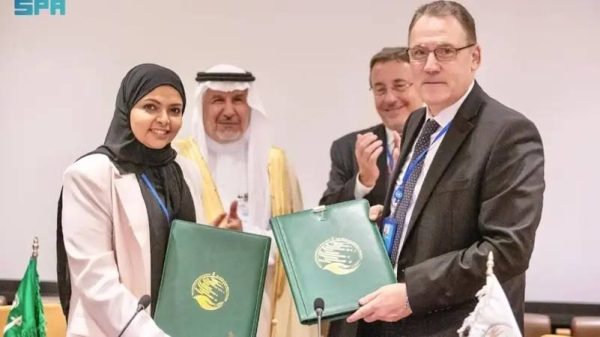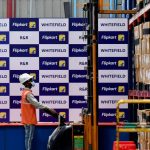King Salman Humanitarian Aid and Relief Center (KSrelief) has partnered with the United Nations Development Program (UNDP) to improve water and sanitation in Sudan. The $3.5 million agreement will focus on the states of Kassala and Gedaref and aims to directly benefit over 800,000 individuals and indirectly impact 5 million people. The project includes the construction and installation of solar energy systems for new water stations, expansion of distribution points, rehabilitation of existing water stations, and the establishment of water user associations.
The signing of the agreement took place during the 79th session of the United Nations General Assembly in New York. Dr. Hana Omar, Director of Partnerships and International Relations at KSrelief, and Abdullah Al-Dardari, Assistant Secretary-General of UNDP, signed the agreement. The initiative was also attended by Dr. Abdullah Al Rabeeah, General Supervisor of KSrelief, and Achim Steiner, Director General of UNDP. This collaboration highlights the commitment of both organizations to address the critical need for clean water and sanitation in Sudan.
The project will not only provide infrastructure improvements but also distribute water collection and storage containers to vulnerable families, water treatment tablets, repair waste collection equipment, and supply hygiene materials to schools and communities. These efforts are essential to ensuring access to clean water and sanitation, especially in areas where resources are limited. By working together, KSrelief and UNDP can make a significant impact on the lives of those in Kassala and Gedaref states.
The establishment of water user associations is a key component of the project, as it will help communities take ownership of their water resources and ensure sustainable management practices. This approach promotes community engagement and involvement in decision-making processes, leading to long-term positive outcomes. By empowering local communities to manage and maintain water facilities, the project aims to create a sense of responsibility and accountability among residents.
The use of solar energy systems for water stations is a sustainable solution that reduces reliance on traditional energy sources and minimizes environmental impact. This approach aligns with the global push towards renewable energy and contributes to the overall goal of reducing carbon emissions. By incorporating solar technology into water infrastructure, the project not only improves access to clean water but also promotes environmentally friendly practices in the region.
Overall, the partnership between KSrelief and UNDP represents a significant step towards addressing the water and sanitation challenges in Sudan. Through infrastructure improvements, community engagement, and sustainable technology solutions, the project aims to create lasting impact and improve the quality of life for thousands of individuals. By prioritizing access to clean water and sanitation, the collaboration between these two organizations demonstrates their shared commitment to humanitarian efforts and sustainable development.











